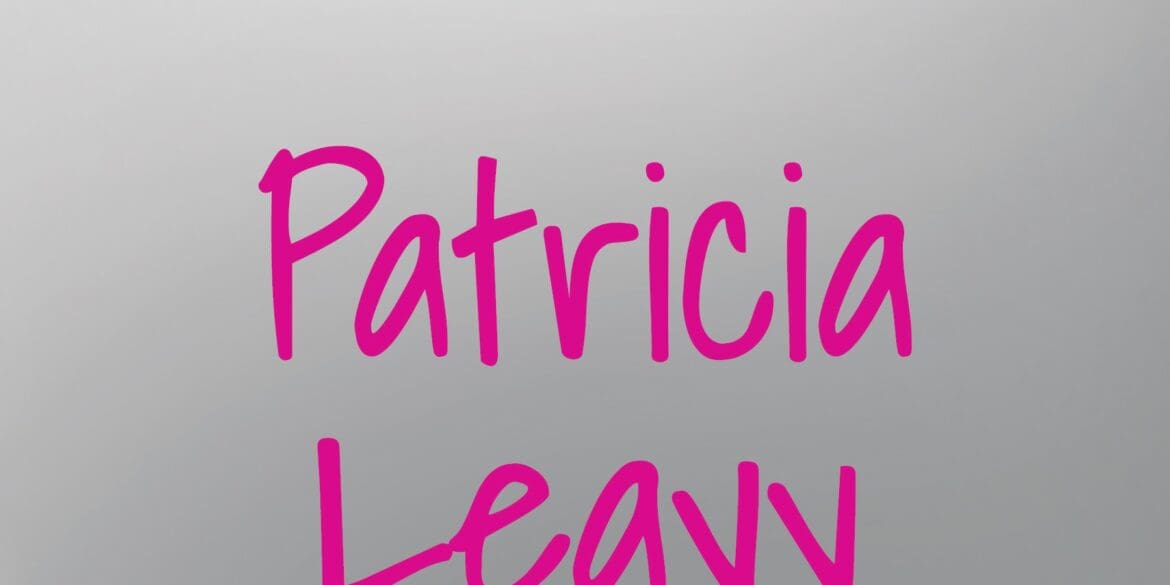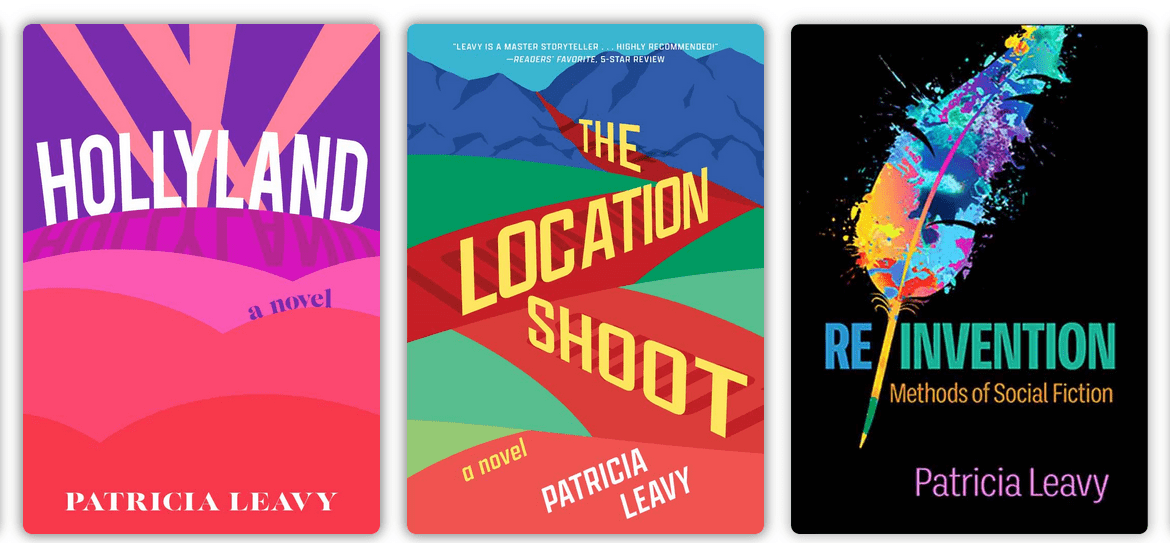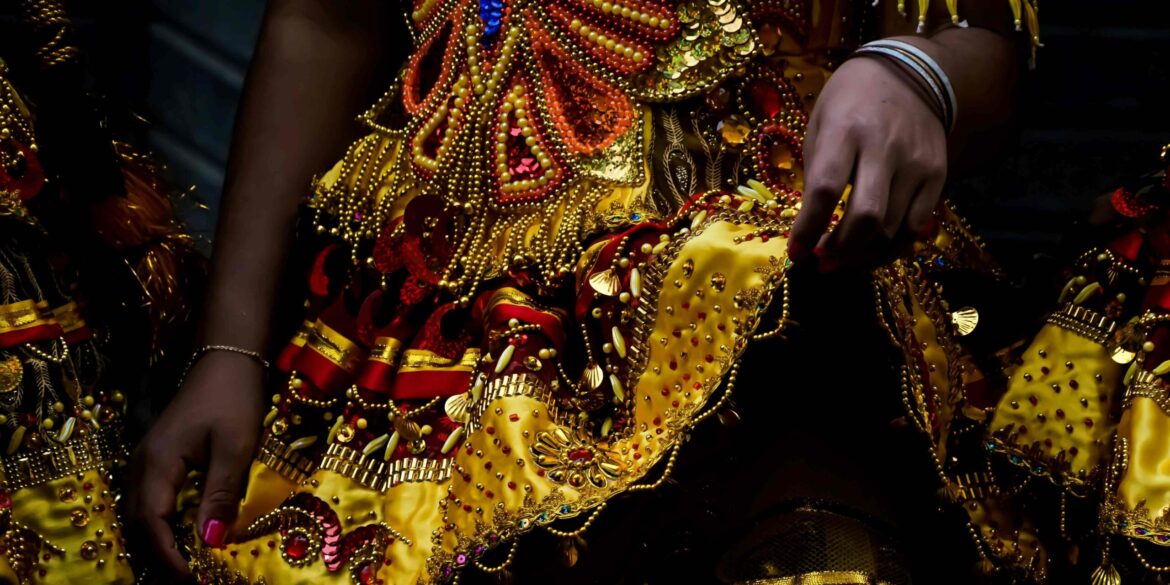In this piece, a queer university student from China reflects on his understandings of sexual and ethnic/national identities as he moves from China to the UK to study.
Autoethnographic Writing
Whether short-form or long-form, personal memoir or speculative fiction, The AutoEthnographer seeks to publish your evocative expressions of the cultural made personal.
U. Melissa Anyiwo·
All ContentAutoethnographic EssaysCelebrating Dr. Patricia Leavy's Social Fiction 2024MoreReflections on MethodSpecial Issues
··31 min readThis piece is intended to give you a sense of the ways in which I use Low-Fat Love in the classroom and why just using it makes the world a better place.
In a single paragraph that represents one long thought, “I’d say I was a runner” explores the act of running as a form of self-therapy.
Through “Saxions”, I aim to establish appreciation for the value of our recounts and our place in society as rich storytellers.
In this final installment, I recount my second month dieting with Roland Barthes.
I provide context by referencing theory and practice in narrative medicine and current literary criticism around trauma plots.
Laurel Richardson and U. Melissa Anyiwo·
All ContentAutoethnographic EssaysCelebrating Dr. Patricia Leavy's Social Fiction 2024MoreReflections on MethodSpecial Issues
··14 min readLaurel Richardson and U. Melissa Anyiwo writes the introduction to this special issue celebrating Dr. Patricia Leavy’s work.
Patricia Leavy·
All ContentAutoethnographic EssaysCelebrating Dr. Patricia Leavy's Social Fiction 2024MoreReflections on MethodSpecial Issues
··11 min readWriting fiction allows me to document reality and to reimagine it, just as we can always reimagine ourselves. And that is why we need stories.
Emerging Immigrant’s Accents is about how language impacts our self image as we come to understand ourselves and our cultural beings.
I explore the intersection of queer identity and popular culture through the lens of my adolescent crush on rock legend Tina Turner.
The essay tells the story of the author's attempt to bridge the gap in political beliefs between himself and his uncle.
It recounts vignettes of my’s dad’s life, his final week, the deep bond with family and friends and the ease with which he let go of life.














